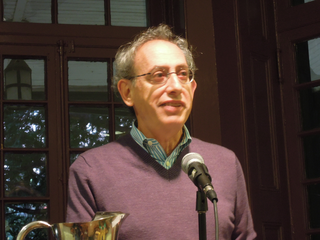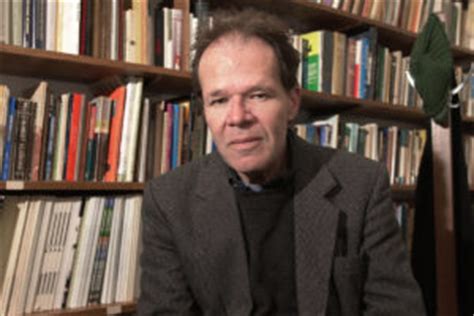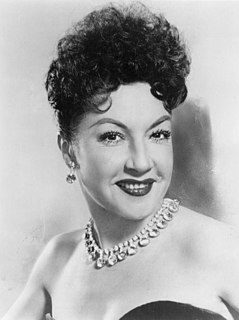A Quote by Holmes Rolston III
Destroying species is like tearing pages out of an unread book, written in a language humans hardly know how to read, about the place where they live.
Related Quotes
It takes me about a week and a half to read the typical book. I don't know how many ten-day spans I have left. Eventually the unread books on my shelves will have to be abandoned, or they will join me on the pyre. The book I'm about to purchase may be among them. We all buy books we won't live to read.
I meet you. I remember you. Who are you? You’re destroying me. You’re good for me. How could I know this city was tailor-made for love? How could I know you fit my body like a glove? I like you. How unlikely. I like you. How slow all of a sudden. How sweet. You cannot know. You’re destroying me. You’re good for me. You’re destroying me. You’re good for me. I have time. Please, devour me. Deform me to the point of ugliness. Why not you? Why not you in this city and in this night, so like other cities and other nights you can hardly tell the difference? I beg of you.
I used to comfort myself with the idea of a book with serrated, detachable pages, so that you could read the thing the way it came and then shuffle the pages, like a giant deck of cards, and read the book in an entirely different order. It would be a different book, wouldn't it? It would be one of infinite books.
Twenty-two pages is not a lot of space. Believe me. Having written a bazillion comics, I still find myself more often than nine pages into a script and realizing to my horror that I'm only about a quarter of the way through the story I wanted to tell, and the next thing you know, I'm making fresh coffee and tearing up the floorboards to rewrite.
If I get stuck, I look at a book that tells me how someone else did it. I turn the pages, and then I say, 'Oh, I forgot that bit,' then close the book and carry on. Finally, after you've figured out how to do it, you read how they did it and find out how dumb your solution is and how much more clever and efficient theirs is!
Nature is a language and every new fact one learns is a new word; but it is not a language taken to pieces and dead in the dictionary, but the language put together into a most significant and universal sense. I wish to learn this language - not that I may know a new grammar, but that I may read the great book which is written in that tongue.
I read everything. I'll read a John Grisham novel, I'll sit and read a whole book of poems by Maya Angelou, or I'll just read some Mary Oliver - this is a book that was given to me for Christmas. No particular genre. And I read in French, and I read in German, and I read in English. I love to see how other people use language.
The only things I read are gossip columns. If I read three pages of a book, I'm out like a light. When I pick up the book again, I've forgotten what I've read and have to start over again. By page three, even if I've just awakened from a nine -hour nap, I fall asleep again. So if anyone gives me a book, it had better have lots of pictures.
Corliss wondered what happens to a book that sits unread on a library shelf for thirty years. Can a book rightfully be called a book if it never gets read? If a tree falls in a forest and gets pulped to make paper for a book that never gets read, but there's nobody there to read it, does it make a sound?








































